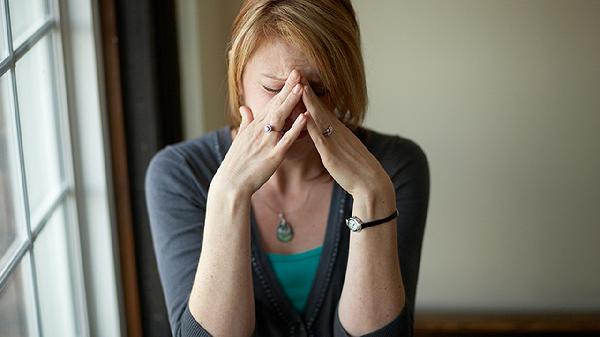If you feel like you’re constantly relying on others to make decisions, second-guessing yourself, or terrified of being alone, you might be dealing with Dependent Personality Disorder (DPD). But here’s the good news: breaking free from dependency is absolutely possible. It starts with recognizing the patterns, building confidence, and taking small steps toward independence—no superhero cape required.

Understanding DPD: More Than Just "Needing People"
DPD isn’t just about enjoying company or leaning on loved ones occasionally. It’s a deep-rooted fear of abandonment that can make everyday choices feel paralyzing. People with DPD often avoid responsibility, struggle with self-trust, and go to extreme lengths to keep others close—even if it means sacrificing their own needs. Sound familiar? You’re not alone, and more importantly, you’re not stuck.
Rewiring Your Thought Patterns
The first step to independence is catching those sneaky thoughts that whisper, "You can’t do this alone." Cognitive Behavioral Therapy (CBT) is a game-changer here—it helps you challenge irrational beliefs and replace them with healthier self-talk. Start small: Next time you’re tempted to ask someone else’s opinion, pause. Ask yourself, "What do I really want?" and trust that gut feeling. Spoiler: It’s usually right.
Building Confidence Like a Muscle
Independence isn’t about becoming a lone wolf; it’s about knowing you can handle life’s curveballs. Try taking on tiny challenges solo—like choosing a restaurant without input or spending an afternoon alone. Each small win reinforces that you’re capable. And if things go sideways? That’s just data for next time, not proof you "failed."
Setting Boundaries Without Guilt
People with DPD often say "yes" to avoid conflict, even when it drains them. Learning to set boundaries is like upgrading from a people-pleasing pushover to a self-respecting boss. Practice phrases like, "I need some time to think about that," or "I can’t help this time." It might feel awkward at first, but boundaries aren’t selfish—they’re survival skills.
Embracing Solitude (Without the Drama)
If the idea of being alone sends you into a panic, start slow. Try a 10-minute walk without your phone, or eat lunch solo instead of seeking company. Over time, you’ll realize solitude isn’t loneliness—it’s space to hear your own voice. And hey, you might even like hanging out with yourself.
When to Seek Professional Help
If self-help steps feel overwhelming, therapy (especially dialectical behavior therapy or psychodynamic therapy) can provide tools tailored to you. Medication isn’t typically a first-line treatment for DPD, but if anxiety or depression are amping up your dependency, a psychiatrist can help.
The Bottom Line
Breaking free from DPD isn’t about never needing others—it’s about choosing when to lean in instead of feeling like you’ll collapse without someone propping you up. Progress isn’t linear, and that’s okay. Every time you trust yourself, set a boundary, or enjoy your own company, you’re rewriting the script. And spoiler: You’re the hero of this story.
























